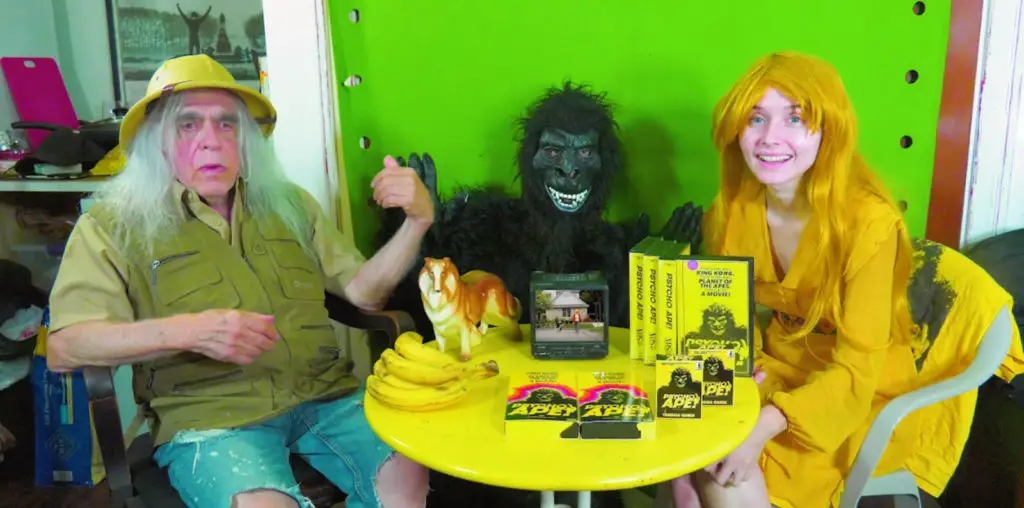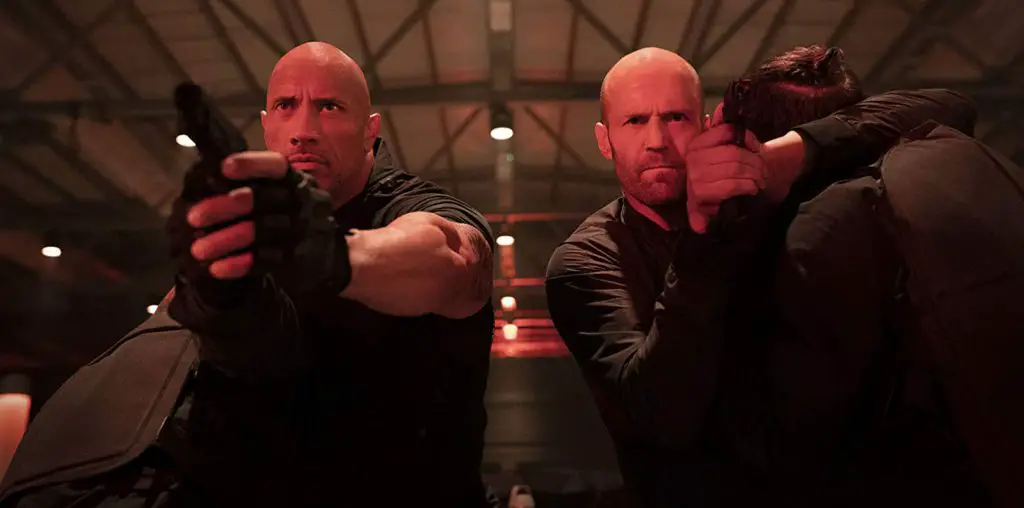
There has been a plethora of documentaries and narratives that have covered the rise of punk rock music in mass culture. We’ve seen the stories of the California and New York punks, of the Sex Pistols, New York Dolls, and the hardcore bands. But never before has a light been shone on the punks of Belfast in the 1970s. “Good Vibrations,” a film by Lisa Barros D’Sa and Glenn Leyburn does just this, as it focuses on Terri Hooley (played by Richard Dorner), a music lover and record store owner in Ireland who gave a voice to punk rock in their part of the world during an ugly time of unrest.
What sets “Good Vibrations” apart from previous narratives is we’re seeing punk rock from a stance that actually has a reason to rebel. Sure, there was some government conflict in the UK and job issues for the youth, but there wasn’t death in the streets, as there was in Ireland. Flashes of news footage of the IRA bombings and sidewalk battles between the Protestants and Catholics that plagued Ireland heavily in the 1970s, meshed with flashbacks of Hooley’s childhood love of music, the film begins by displaying the aura of conflict that was so prevalent in Ireland at the time.
It’s later in the film, after a bit of unnecessary prologue to get to his ownership of his own record shop, that we discover what it was that put Hooley down the path to later become “Belfast’s Godfather of Punk.” It is in his shop where happenstance occurs as a young kid shows up, adorned with spiky hair and lapels filled with safety pins, and berates him for not having the latest Buzzcocks record. This chance encounter, and the rise of punk catching the ear of the nationally popular radio host John Peel, prompts Hooley to attend his first punk concert. It is here that his life, and soon the lives of everyone around him, are changed forever.
Under a thick cloud of angry music, Hooley steps up to defend a young, pink haired lady from being harassed by the local constables for underaged drinking, when he feels they need to be back out on the streets stopping the bombings and fighting that is so common those days. He’s joined by the band who proclaim “I hate the cops” and then start playing and chanting “S.S.R.U.C.” insinuating that the Royal Ulster Constabulary (the cops) are acting as the SS of Nazi Germany. Grandiose claims, sure, but it is also very punk and also displays the mindset of youth of that time. It is this key moment that truly summarizes the punks of Belfast and their stance against the violence, the hatred, the police presence and how Hooley became a voice for this disenfranchised youth.
Throughout the film, Dorner portrays Hooley, who had lost one of his eyes in a childhood bow and arrow accident, with a firm confidence. He’s the type of lad who barrels forth in life knowing what end result he wants, despite the roadblocks or conflicts it will cause his personal life. His wife Ruth is played by the charming Jodie Whitaker who previously had been terrorized in “Attack the Block.” There’s a nice subtlety to her character, displaying the depth of her love for Hooley and an understanding, yet difficulty in dealing with, his level of insanity.
While the cast is wonderful and the film itself is beautifully shot, the true standout here is the music. Full of classic punk tunes from Belfast bands that Hooley spent his own money to put out, such as The Undertones, Rudi, The Outcasts and The Moondogs, “Good Vibrations” tells a vibrant tale of a musical underdog. These are classic punk songs, especially the classic “Teenage Kicks” from The Undertones, that fans of the punk scene, like myself, may know but never knew of their backstory. In the end, it’s a wonderful story that shows you what a true character Hooley was and how he dealt with real issues that deserved to rebel against. He’s a fellow who lived his childhood dream and one who proclaims quite vividly at the end of the film how “when it comes to punk, New York has the haircuts, London has the trousers, but Belfast has the reason!”

